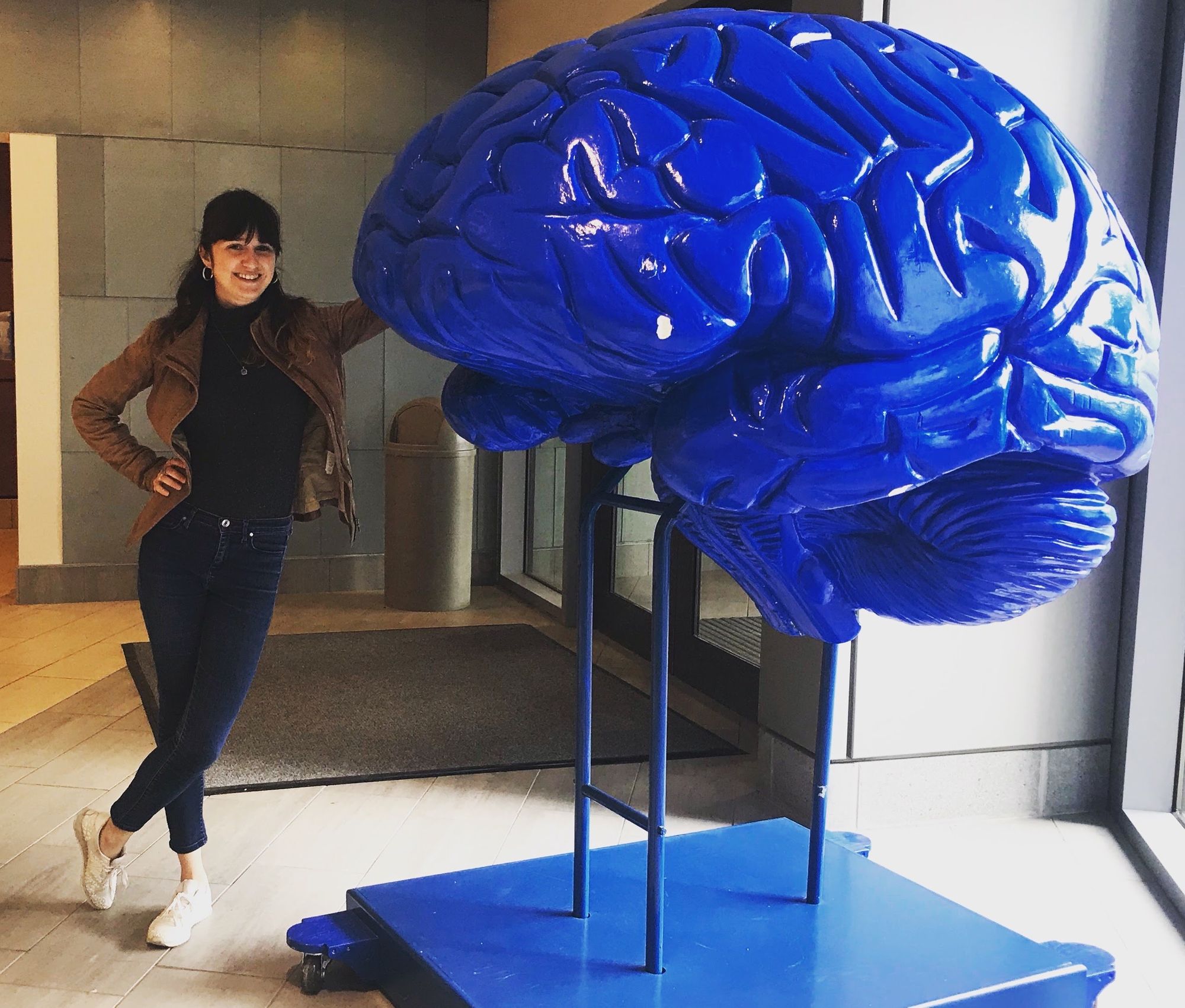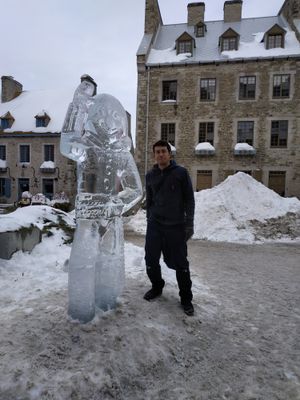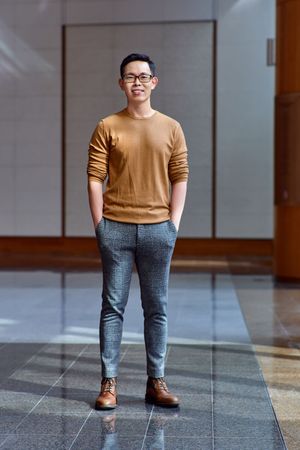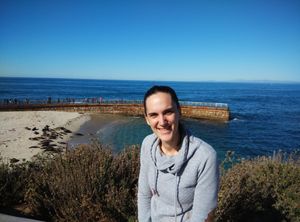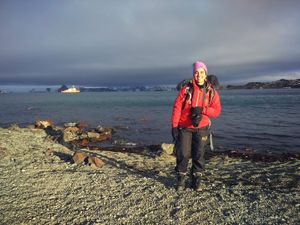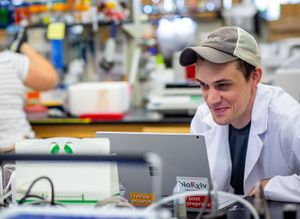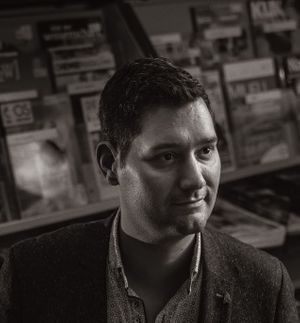Carolina Makowski (CM) is one of our most precious ecrLife members: she is a very engaged editor and her enthusiasm is contagious. She was first connected to ecrLife through a former committee member of the Organization for Human Brain Mapping Student and Postdoc Special Interest Group (OHBM SP-SIG) in November 2019, where she was a blog editor for the OHBM SP-SIG platform. She is also the incoming Career Development and Mentoring Manager at the above-mentioned organization, and co-leader of the Postdoc Teaching Group at the University of California San Diego. When she’s not doing research, editing for ecrLife or busy with any of these multiple activities you can find her running along the Pacific coastline, dancing, or getting lost in a good book.
In a few sentences, could you introduce yourself, tell us where you are (both geographically and along your career path?) and what you study?
CM: I am a Polish-Canadian neuroscientist in STEM. I grew up in Ontario, Canada and then moved to Montreal for my undergrad and PhD at McGill University. I am currently a postdoctoral fellow at the University of California San Diego, where I integrate large brain imaging and genetics datasets to better understand various biological risk factors of psychiatric disorders.
What do you enjoy the most about being a scientist?
CM: I find it incredibly rewarding to be surrounded by so many talented people from different disciplines. As a neuroscientist, you truly need a diverse and interdisciplinary team to try to understand the enigmatic brain –psychologists, psychiatrists, mathematicians, computer scientists, engineers, cognitive neuroscientists, clinicians, physicists, geneticists, statisticians…we need everyone! I’ve learned so much more than I could have ever imagined from other scientists and their unique perspectives to even a single question. I also really appreciate that no two days are alike, which means that if one day I have terrible writer’s block, I can easily switch to doing another task with a completely different cognitive demand.
What is the greatest scientific challenge you have overcome so far?
CM: As a first-gen university and grad school graduate, navigating the rapid waters of academia was particularly challenging. I actually started my graduate degree because I was working on a first-author paper that I started during my last year of my undergrad, and thought that I had to start grad school in that same lab to be allowed to publish the paper. I really had no idea what I was signing up for with grad school. This led to a pretty extreme case of imposter syndrome in my early grad school days, and it still is a significant part of my academic existence. However, I have learned throughout the years how normal and even necessary this experience is. I simply embrace the fact that all of us bring something different to the table and have shifted my focus from insecurities of my own “shortcomings” to the wealth of knowledge I can learn from others.
What is the main change that you would like to see in the scientific community?
CM: Normalizing work-life balance and acknowledging that you do not need to devote 100% of your time in order to be a successful scientist. I feel like this topic is mentioned so often now in twitter, blog posts, and even in some conference symposia and workshops. But I still think we have a far way to go. COVID-19 has been a great teacher for me in this respect, and now more than ever, I have found that when I invest my time into other non-scientific activities that spark true joy for me, it actually improves my productivity during normal working hours. As academics, we should feel free to celebrate all facets of our unique selves and not be defined solely by our productivity.
What motivates you to communicate science?
CM: Most of my family and close friends are not scientists but are just as hungry for the truth as I am and are extremely interested in the brain and mental health research. Equally as important as communicating our work with other scientists, we also need to ensure our research findings are brought out of the elusive ivory tower and communicated clearly and thoughtfully to the general public.
What is your favorite thing about ecrLife?
CM: Learning of the shared challenges, triumphs and experiences of ECRs across the globe. I also appreciate being reminded that being an ECR is not just about running experiments and writing up manuscripts, but also supporting and learning from each other as we shape, strengthen and diversify our careers and research environments.
About the Author: Carolina is a postdoctoral researcher at the University of California San Diego with a background in neuroscience, psychiatry and brain imaging. She is also the Career Development and Mentoring Manager at the Organization for Human Brain Mapping (OHBM). Follow Carolina on Twitter @carolinamak15.
We welcome comments, questions and feedback. Please contact us at ecrlife [dot] editors [at] gmail [dot] com.
Would you like to share your own story, insight or opinion? Pitch us here.
Follow us on Twitter to stay up to speed with our latest blog post releases.

